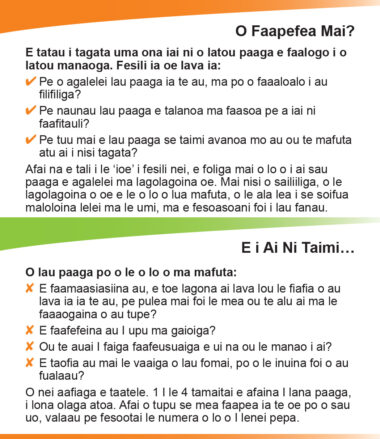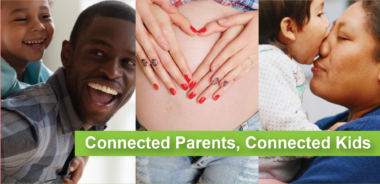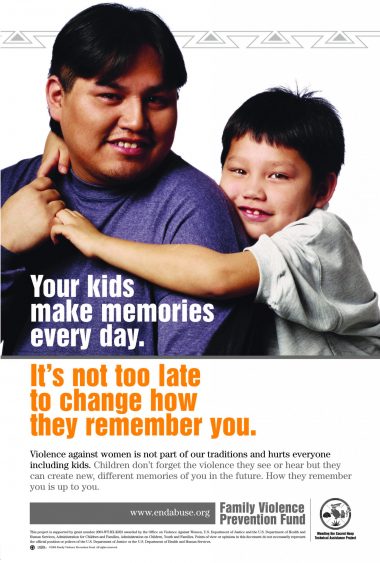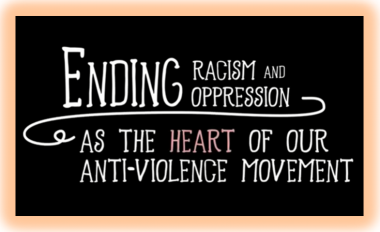The Sex, Pleasure, Choice patient education brochure was developed for use in sexual and reproductive health settings. Sexual and reproductive health providers, navigators, and educators can use this business card-sized tool to prompt conversations with patients about sexual and reproductive autonomy within their intimate and/or sexual relationships, experiences of sexual or reproductive coercion, and how these experiences may be impacting their health. The back panel of the card includes information on where patients can get support for themselves or a friend, a resource for safety decision making (MyPlan), as well as where to access low-cost sexual and reproductive healthcare. This card can be used with people of all genders and sexualities and is an updated version of FUTURES “Did you know your relationship affects your health?” safety card.
The Evidence
- Sexual violence + coercion and reproductive coercion are more common among patients seeking reproductive health care.
- These forms of violence increase risk for unintended/unwanted pregnancies, STIs, mental health conditions, and other negative health and create barriers to healthcare.
- Normalizing conversations about about healthy relationships, consent, and experiences of sexual/reproductive coercion within reproductive and sexual health settings increases knowledge of and access to supportive services.
How to use this card:
This safety card can help facilitate conversations about healthy relationships + consent, and sexual and reproductive coercion, and how they impact our health. As a part of the “CUES Intervention”, sharing this safety card with all patients affirms messaging about the importance of consent and bodily autonomy, normalizes conversations about relationships in the health setting, and allows survivors to receive information and support without being required to answer “yes” to a screening question or voluntarily disclose abuse. “CUES” is an acronym that stands for Confidentiality, Universal education + Empowerment, and Support.
CONFIDENTIALITY
Meet with patients alone for part of every visit when providing universal education about consent, sexual decision making, and healthy relationships and share any limits to confidentiality at the start of the conversation.
UNIVERSAL EDUCATION
Universal education is when information about healthy and unhealthy relationships is provided to all patients, regardless of whether they share their own experiences with IPV.
EMPOWERMENT
Offering two cards can help make conversations about health and sexual and reproductive coercion feel more approachable; one card is for them to keep and the other may be shared with a friend, or relative who may need support.
SUPPORT
If a patient does disclose sexual or reproductive coercion or abuse, validate what you heard, engage in a discussion about safety planning and harm reduction*, and offer a warm referral to a domestic and sexual violence advocacy services or other community supports.
Implement the CUES Intervention: ipvhealth.org/health-professionals/educate-providers/
Local advocacy services: https://www.thehotline.org/get-help/domestic-violence-local-resources/
Sexual + Reproductive Health Safety Planning:
In addition to warm referral to domestic and violence advocacy, it is important to think with patients who are experiencing abuse, coercion, or birth control/STI prevention sabotage, about strategies for reproductive control and STI prevention that may be harder for a partner to detect or interfere with, such as:
(For some people the way their partner is keeping tabs on pregnancy control is monitoring their menstrual cycle–for some people they need to use methods of contraception that will not affect their regular bleeding patterns)
- Keeping multiple doses of emergency contraception on hand, removed from packaging
- Removing strings from Copper T- IUD
- Popping birth control pills out of the packaging and storing them in an aspirin bottle
(Others may not have to worry about the partner following their menstrual cycle so these methods are also harder to intervene with)
- Vaginal birth control ring which can be removed for up to 3 hours
- Birth control implant
- 3 month birth control shot, with additional supply for use at home.
- Purchasing pregnancy testing strips in bulk, less identifiable packaging, and testing on a regular basis.
- A prescription for PrEP and information about PEP for HIV prevention.
- Lubracative suppositories, which may reduce vaginal or anal tissue tearing and risk of some STI transmission.
For patients who have been diagnosed with an STI and are being hurt or controlled in their relationship, STI partner notification may lead to retaliation and increased danger. Refraining from or delaying partner notification or utilizing anonymous partner notification are possible safety strategies. Talk with all patients about the potential impact of partner notification before contacting their sexual partners.
Adapt this card for your community
Some communities may choose to adapt this safety card for their local community and context. For more information on localizing safety cards, email health@futureswithoutviolence.org.
Thank you to the survivors, providers, researchers, sexual health educators, and organizations who contributed to the development of this resource!













